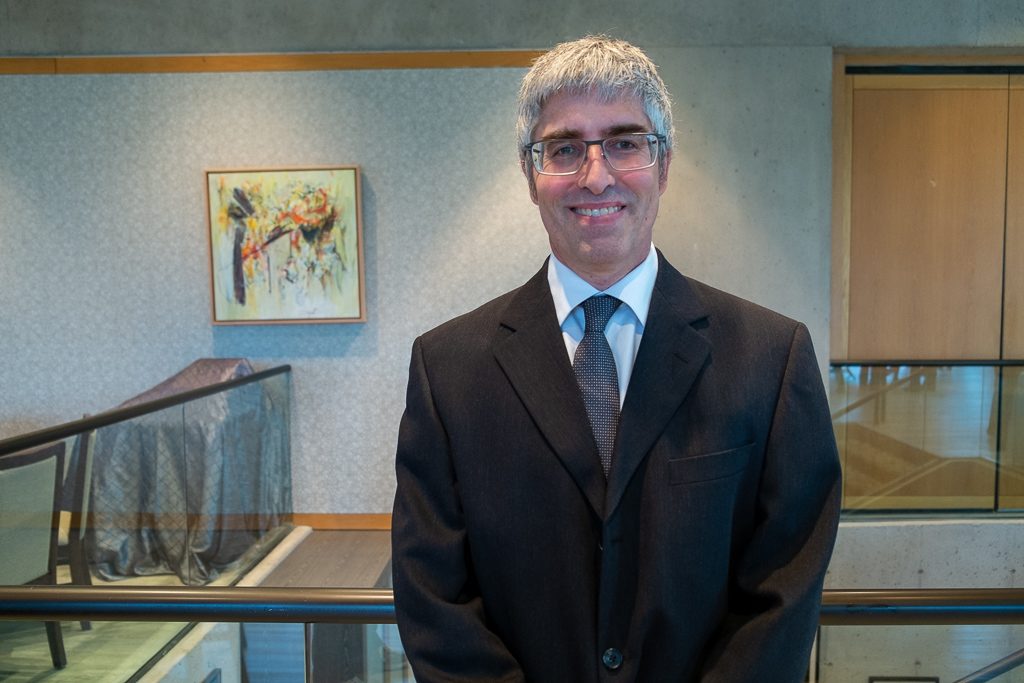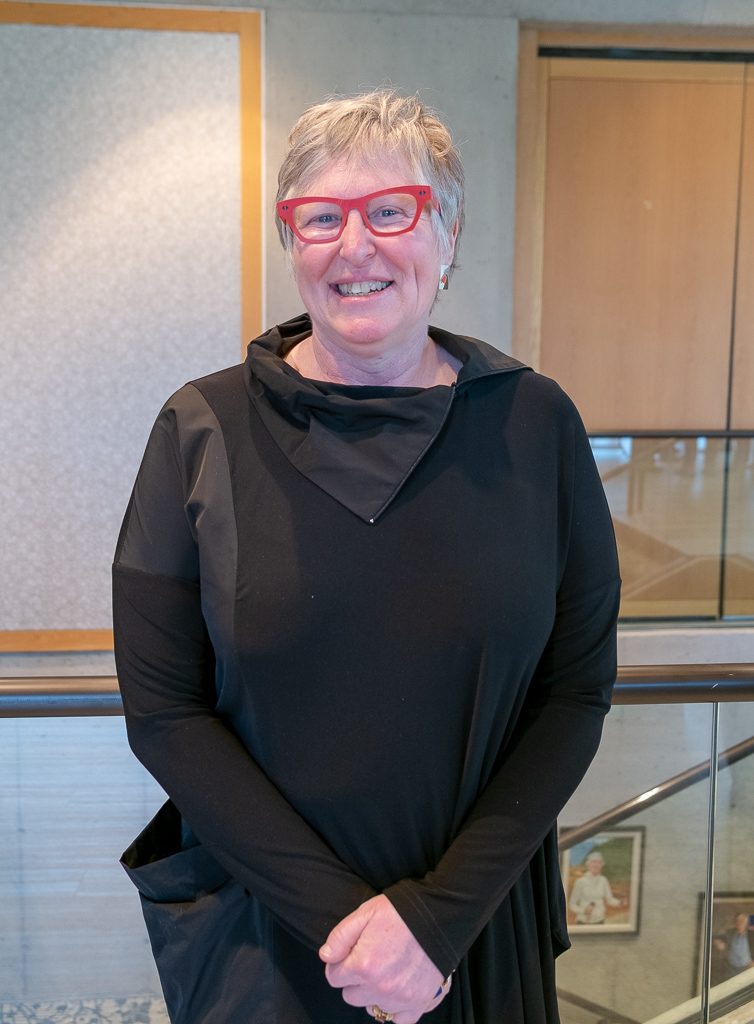Early in Career Award:
Dr. Nathan Lachowsky, University of Victoria

Dr. Nathan Lachowsky
Dr. Lachowsky is Assistant Professor in the School of Public Health and Social Policy in the Faculty of Human Social Development at the University of Victoria. He is also a Research Director at the Community-Based Research Centre for Gay Men’s Health, a Collaborating Scientist at the Canadian Institute for Substance Use Research, and an Affiliate Researcher at the BC Centre for Excellent in HIV/AIDS.
Dr. Lachowsky’s research examines HIV and sexually transmitted infection incidence rates and prevention strategies among gay, bisexual, and other men who have sex with men. He conducts interdisciplinary research within a social justice framework in order to achieve health equity for marginalized communities. His research into the connections between sexual health, mental health, and substance use are deepening the understanding of the complexity of preventing sexually transmitted infections among marginalized populations. Dr. Lachowsky has received over $24 million to support his research and research with collaborators. He has published 67 peer reviewed articles and delivered close to 200 scholarly presentations.
Commenting on the impact of Dr. Lachowsky’s work, nominators describes him as follows:
“Nathan, in every way, represents the best hope for the future of gay men’s health in Canada: an emergent national leader of his generation of the community-based HIV movement, an activist who has achieved the knowledge and skills to become a top professional in the public health field, and an effusive personality observably intent on having an impact on the outcome of the epidemic.”
“Dr. Lachowsky’s passion for his work and his articulate, approachable manner with students, research teams, community partners, and the media role models healthy sexuality for sexual and gender minority persons and excellent academic citizenship for everyone he encounters.”
Ehor Boyanowsky Academic of the Year Award:
Dr. Brian Menounos, University of Northern British Columbia

Dr. Brian Menounos
Dr. Brian Menounos is Professor in the Department of Geography and holds a Canada Research Chair (Tier II) in Glacier Change at the University of Northern British Columbia.
Dr. Menounos was nominated for his research in building connections between historical climatology and ongoing work on climate forecasting and the significant consequences for public policy planning. His research to date provides a detailed picture of the current health of glaciers and ice in western North America outside of Alaska.
Another important outcome of his research has been the influence on organizations like the Engineers and Geoscientists of BC who, as a direct result of Dr. Menounos’s advocacy, formally accepted global climate change as a result of human activities and passed a motion of expectation that its membership “consider the impact of their work on climate.” This position represents a philosophical and practical shift in approach from previous beliefs about extreme climate related events. Furthermore, it will encourage the development of different measures and approaches toward better preparing for extreme climate related events through the work of engineers and geoscientists.
Commenting on the impact of Dr. Menounos’s work, one nominator describes him as follows:
“Dr. Menounos is a creative and accomplished scientist who has made major contributions to Canadian earth science. His research exemplifies the emergence of physical geophraphy as a geophysical science, where great questions are broken down using sharp quantitative tools. Brian is widely recognized nationally and internationally by his peers.”
“Whether being sought for his opinion and advice by national political leaders, academic leaders or local high-school teacher, Dr. Menounos has shown tremendous energy and dedication to his public engagement related to his scientific work.”
Paz Buttedahl Career Achievement Award:
Dr. Ellen Balka, Simon Fraser University

Dr. Ellen Balka
Dr. Balka is Professor and Associate Dean in the School of Communication at Simon Fraser University. She is recognized for her devotion to helping people better use technology to affect positive change in many domains, such as the health industry and the advancement of women in technology. Her research focuses on the design, implementation, and use of health information technologies, health indicators and their use in health decision-making, and technology and public policy.
Dr. Balka has helped women’s organizations and non-profits across Canada harness the power of technology to advance equity, diversity, and social change. By attending to the often hidden social dimensions of technology, her work has resulted in the development of new processes and innovative methods, which have saved money, improved technology design, and given voice to under-represented groups.
Dr. Balka uses a multidisciplinary lens to reveal the role that technology plays in constructing real-world outcomes relating to sex, gender, work, and health. Her scholarly and methodological contributions extend across the areas of participatory design, social informatics, technology studies, systems design, and health policy. She has obtained more than $7 million in research funding as principal investigator. She has edited three books, two monographs, and more than 50 refereed journal articles and 20 book chapters.
Commenting on the impact of Dr. Balka’s work, nominators describe her as follows:
“I approached Dr. Balka because of her vast experience in health information technology design and evaluation, her excellent qualitative methodological skills, but most importantly, her ability to effectively move an idea from the academic realm into a real-world implementation, taking into account the complexities and nuances of the “real world”. Dr. Balka wholeheartedly embraced this opportunity, and has worked tirelessly to move this nascent innovative idea through multiple challenges, into a thriving research project that is likely to benefit British Columbians across geographic locations, ethnicity, socioeconomic status, and age groups. Her contributions in moving this project forward have truly been instrumental.”
“Dr. Balka introduced action research methods and participatory design principles into the research project, allowing us to engage fully with patients and diverse groups of care providers. This provided the research team with novel insights that were crucial to ensuring the applicability, usability, and user-friendliness of the technology we sought to develop […] Throughout this journey, Dr. Balka skilfully navigated between rigor and theory of the social sciences […] while ensuring that our application could be implemented in the complex and nuanced health sector to benefit patients. This would not have been possible without Dr. Balka’s insights, skill, and dedication.”
